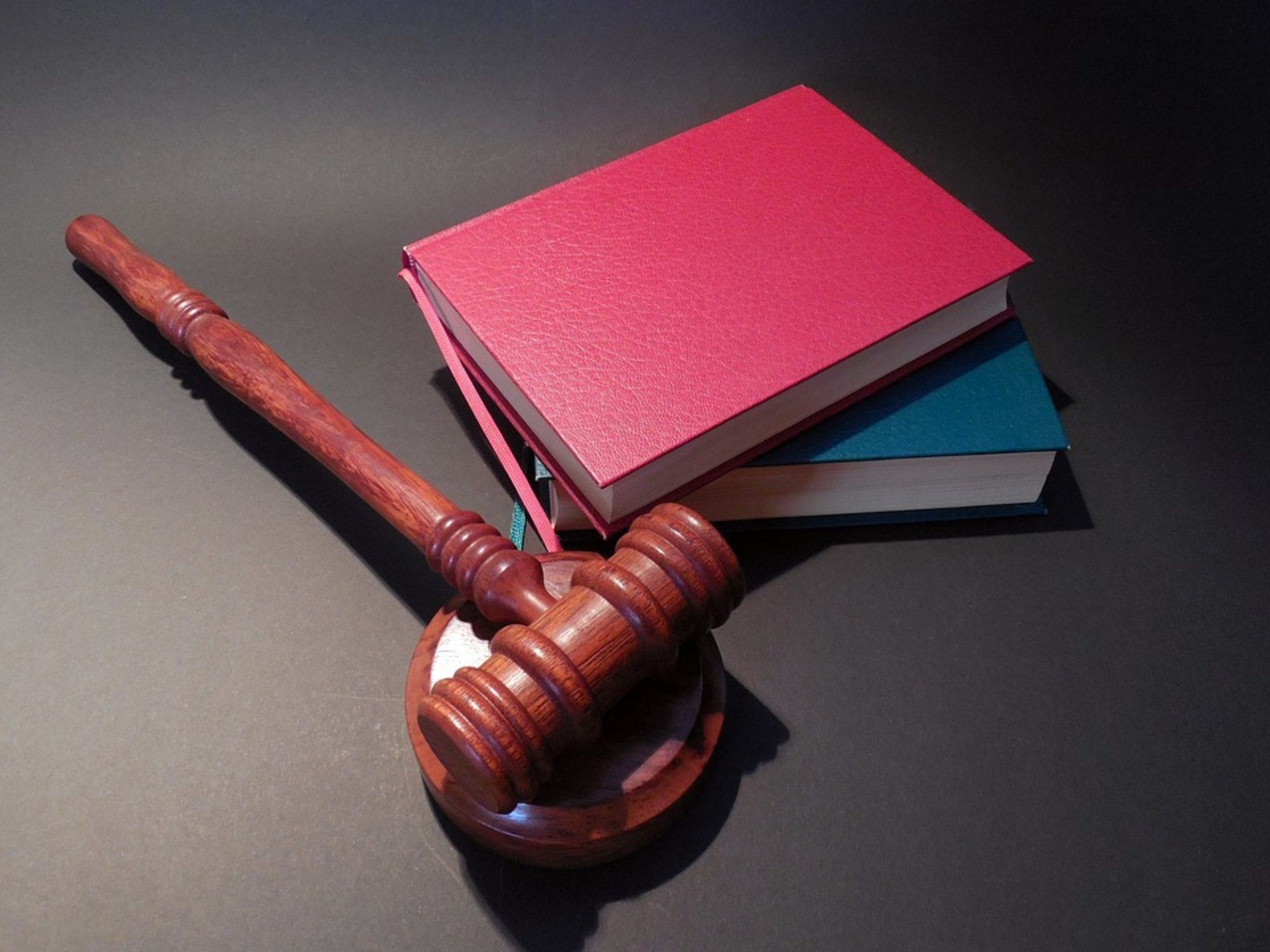

Torres also believes the suit should be directed not at the creators of these AI systems, but at the party responsible for compiling the images used to train them: Large-scale Artificial Intelligence Open Network (LAION), a nonprofit organization. “It will … be challenging to get a general acceptance of the definition of ‘in style of’ as ‘a work that others would accept as a work created by that artist whose style was called upon,’ which is mentioned in the complaint ,” Torres told TechCrunch in an email interview. As for images in the style of a particular artist, style has proven nearly impossible to shield with copyright. Perfect recreations don’t occur often, to Torres’ point. Image-generating AI can copy and paste from training data, raising IP concerns The models are trained to “re-create” images as opposed to drawing them from scratch, starting with pure noise and refining the image over time to make it incrementally closer to the text prompt. “a sketch of a bird perched on a windowsill”) as they work their way through massive training datasets. Diffusion models learn to create images from text prompts (e.g. State-of-the-art image-generating systems like Stable Diffusion are what’s known as “diffusion” models. In particular, she thinks it’ll be difficult to ascertain which images were used to train the AI systems because the art the systems generate won’t necessarily look exactly like any of the training images.

Given generative AI isn’t going anywhere, what comes next? Which legal cases have merit and what court battles lie on the horizon?Įliana Torres, an intellectual property attorney with Nixon Peabody, says that the allegations of the class action suit against Stability AI, Midjourney, and DeviantArt will be challenging to prove in court. Rutkowski has complained about the fact that typing text like “Wizard with sword and a glowing orb of magic fire fights a fierce dragon Greg Rutkowski” will create an image that looks very similar to his original work - threatening his income. “The copyright law needs to be clarified.”Ĭontent creators such as Polish artist Greg Rutkowski, known for creating fantasy landscapes, have become the face of campaigns protesting the treatment of artists by generative AI startups.
#Current class actio lawsuits software
“Unfortunately, I expect a flood of litigation for almost all generative AI products,” Heather Meeker, a legal expert on open source software licensing and a general partner at OSS Capital, told TechCrunch via email. And several legal experts have cautioned generative AI tools could put companies at risk if they were to unwittingly incorporate copyrighted content generated by the tools into any of products they sell. Some image-hosting platforms have banned AI-generated content for fear of legal blowback. But the legal questions are beginning to affect business. The generative AI space remains healthy - it raised $1.3 billion in venture funding through November 2022, according to PitchBook, up 15% from the year prior. Meanwhile, an academic study published in December found that image-generating AI models like DALL-E 2 and Stable Diffusion can and do replicate aspects of images from their training data.

In a recent example, an AI tool used by CNET to write explanatory articles was found to have plagiarized articles written by humans - articles presumably swept up in its training dataset. Two companies behind popular AI art tools, Midjourney and Stability AI, are in the crosshairs of a legal case that alleges they infringed on the rights of millions of artists by training their tools on web-scraped images.Īnd just last week, stock image supplier Getty Images took Stability AI to court for reportedly using millions of images from its site without permission to train Stable Diffusion, an art-generating AI.Īt issue, mainly, is generative AI’s tendency to replicate images, text and more - including copyrighted content - from the data that was used to train it.
#Current class actio lawsuits code
Microsoft, GitHub and OpenAI are currently being sued in a class action motion that accuses them of violating copyright law by allowing Copilot, a code-generating AI system trained on billions of lines of public code, to regurgitate licensed code snippets without providing credit. As generative AI enters the mainstream, each new day brings a new lawsuit.


 0 kommentar(er)
0 kommentar(er)
